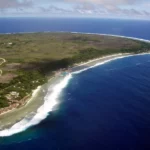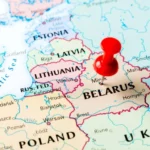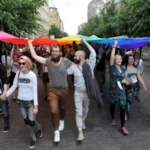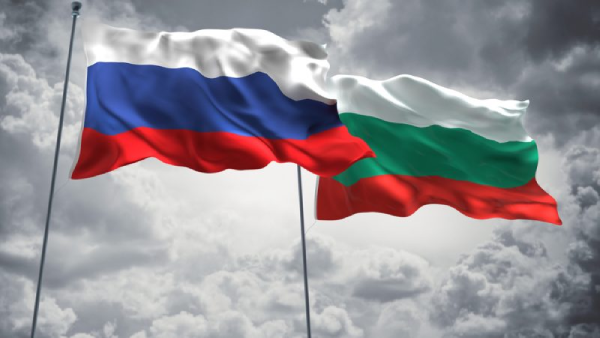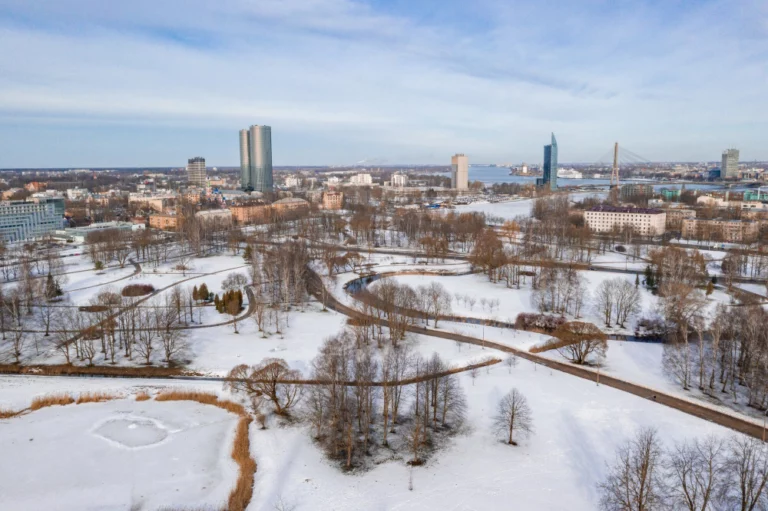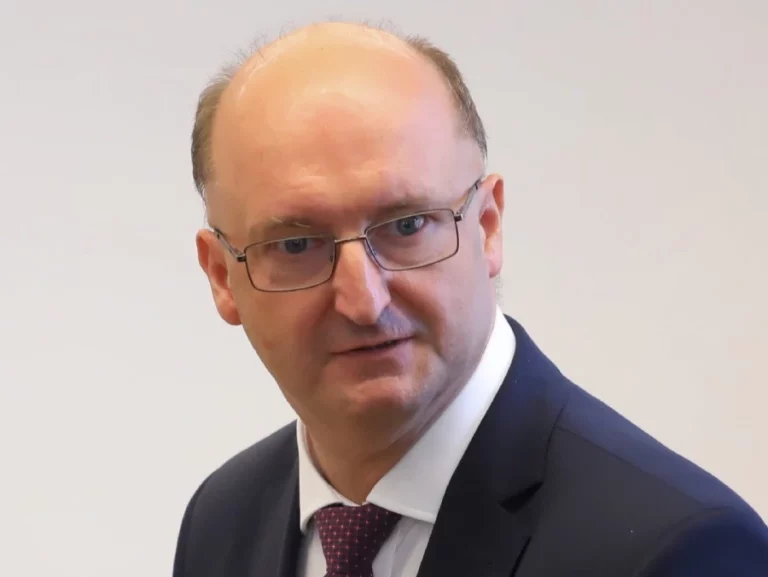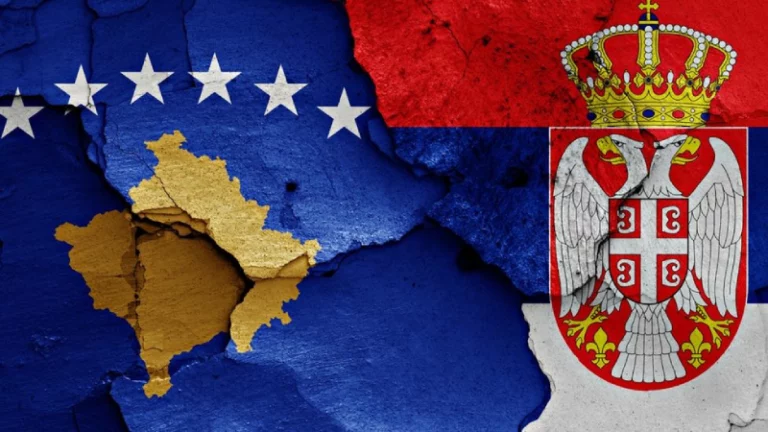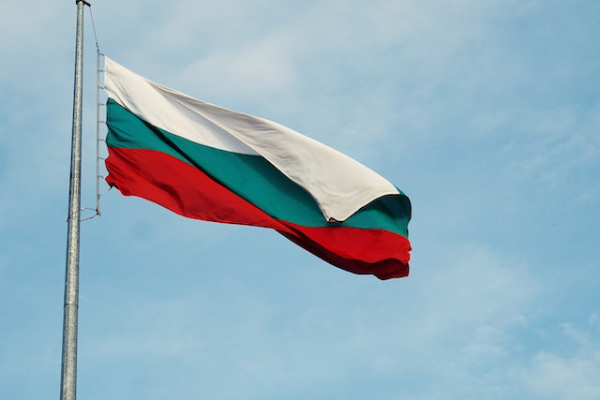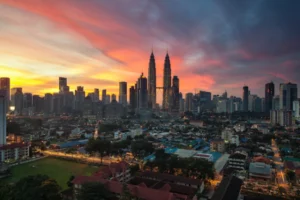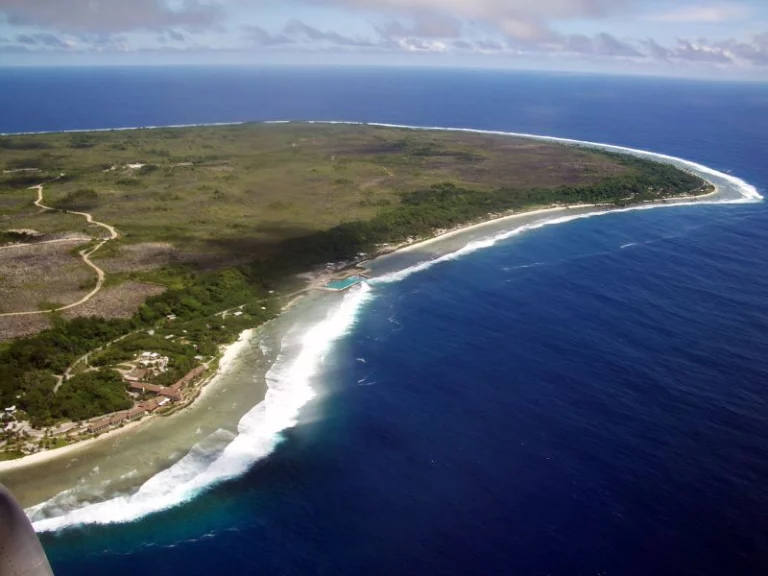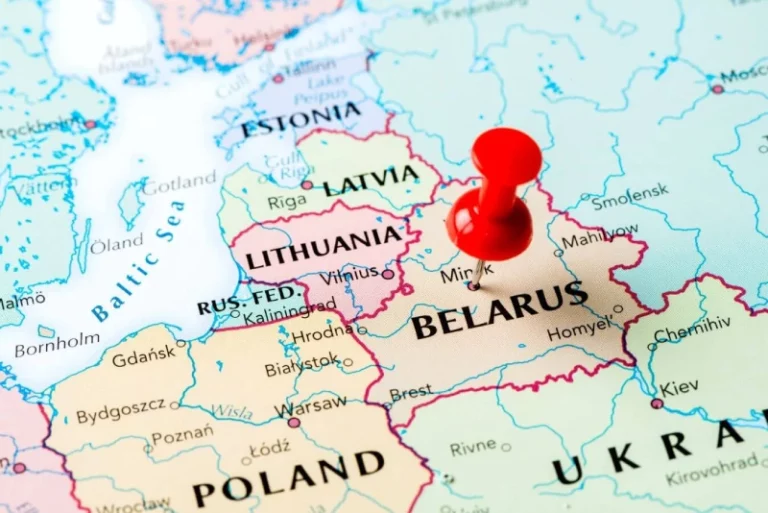New investigations have brought to light the role of corruption and weak rule of law in Bulgaria, enabling Russian influence to thrive in the country. Investigative journalist Christo Grozev addressed the Bulgarian parliament in January, revealing that in April 2016, Russia had attempted to overthrow the government in Sofia. According to Grozev, Russia’s military intelligence agency (the GRU) planned the coup, which was supposed to be carried out by two paramilitary groups in a similar fashion to the attempted coup in Montenegro the same year.
Russia’s interference
Grozev’s testimony suggested that the government at the time, led by Boyko Borissov and his GERB party, had already tiptoed around the issue of Russian meddling in Bulgaria before the coup. Although the coup attempt was uncovered and stopped by chance, it seemed to make the government even more cautious about dealing with Russia’s influence in Bulgaria. As Bulgaria approaches its fifth parliamentary election within two years, tackling Russia’s influence in the country through media and corrupt public figures should be a priority for Bulgarian and European policymakers.
Between 2014 and 2015, there were six explosions at Bulgarian warehouses and production facilities for military equipment, killing 16 people in total. Similar incidents took place in the Czech Republic around the same time.
While the Czech authorities worked to connect the explosions with the goal of disrupting deliveries for Ukraine – where military action had already started in the east – Bulgarian authorities failed to seriously investigate the explosions. In his testimony, Grozev told parliament how his own investigation had found that the Russian agents Prague identified as the culprits had visited Bulgaria at the time of the explosions. However, when asked by the Czech authorities to share relevant information, Bulgarian institutions did not submit the data connecting them to Russia, claiming instead that the explosions simply resulted from human negligence.
This was however, not a one-off case as Grozev has traced Russia’s influence in Bulgarian affairs over several years.
He explained that a large number of Russian agents operate in Bulgaria throughout politics, media, and institutions, working to advance Russian interests. “They see Bulgaria as easy prey,” Grozev said.
In 2018, the Bulgarian government did not publicly condemn the poisoning of Sergei Skripal, unlike other European governments. As part of an investigation with Bellingcat and Capital weekly, Grozev uncovered that the method used was identical in the poisoning of the Bulgarian arms dealer Emilian Gebrev in 2015, who was selling military equipment to Ukraine, among others.
The investigation also found that Gebrev’s poisoning with the radioactive substance Novichok was not properly investigated until 2019 and that after his poisoning, his business was all but overtaken by powerful businessman and politician, Delyan Peevski.
The US government later included Peevski on the sanctions list under the Magnitsky law for his role in corruption. The United States Treasury Department described Peevski as an oligarch, former Bulgarian MP, and media mogul who “has regularly engaged in corruption, using influence peddling and bribes to protect himself from public scrutiny and exert control over key institutions and sectors in Bulgarian society”. The statement alleged that Peevski negotiated with politicians to provide them with political support and positive media coverage in return for receiving protection from criminal investigations.
Corruption
The European Union’s institutions and member states have been concerned about corruption in Bulgaria for many years, even before the first GERB government was formed in 2009. With their accession to the EU in 2007, both Bulgaria and Romania had to agree to be monitored by the European Commission via a special rule of law mechanism on their progress on judicial reform, the fight against corruption, and – for Bulgaria – tackling organized crime.
But instead of subsiding, corruption allegations grew in the following years, and Bulgaria remained ranked as one of the most corrupt countries in EU.
Since Bulgaria’s independence from the Ottoman Empire in 1878, the country has had a complex relationship with Russia. Although they share a Slavic heritage and close linguistic ties, Bulgaria has also experienced periods of political and cultural conflict with its larger neighbor.
In recent years, Bulgaria has been the target of Russian interference and influence campaigns, similar to what has been observed in other countries around the world. These efforts have been aimed at destabilizing Bulgaria’s democracy and weakening its ties with the West.
One of the most visible examples of Russian interference in Bulgaria was the 2016 presidential election. During the campaign, several Bulgarian media outlets published fake news stories that were favorable to the pro-Russian candidate, Rumen Radev. These stories were later traced back to Russian media sources, suggesting that Russia had played a role in influencing the outcome of the election.
Energy politics
In addition to election interference, Russia has also been accused of using energy politics to exert influence over Bulgaria. The country is heavily dependent on Russian gas, and this has given Russia significant leverage in its relations with Bulgaria. In 2014, for example, Russia cut off gas supplies to Bulgaria during the winter months, causing widespread hardship and economic damage. This was widely seen as a move designed to pressure Bulgaria into supporting Russia’s political goals.
The Bulgarian government has also been the target of cyberattacks that are believed to have originated in Russia. These attacks have targeted government agencies, political parties, and media outlets, and have been aimed at stealing sensitive information and disrupting normal operations.
Despite these challenges, Bulgaria has maintained its commitment to democracy and its alignment with the West. The country is a member of the European Union and NATO, and has worked closely with these organizations to counter Russian aggression and interference. In 2020, Bulgaria expelled two Russian diplomats on suspicion of spying, and has repeatedly called for tougher sanctions against Russia in response to its aggressive behavior.
Bulgaria’s relationship with Russia is complex and fraught with tension. While the two countries share a common heritage, Bulgaria has also been the target of Russian interference and influence campaigns in recent years.
These efforts are aimed at weakening Bulgaria’s democracy and undermining its alignment with the West. Despite these challenges, Bulgaria has remained committed to its democratic values and its membership in the European Union and NATO.



